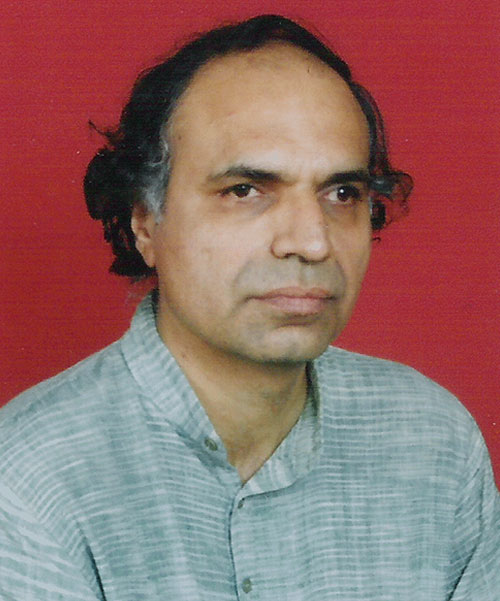Columns
Strengthening peace in South Asia
People from both India and Pakistan can benefit from having better relations with each other.
Bharat Dogra
The leadership of India and Pakistan acted wisely to reach a ceasefire agreement on May 10. Although a few violations have been reported, the maximum efforts should be made to hold on to this ceasefire and to initiate other efforts to further strengthen safety and peace in both countries. Earlier the fast-escalating South Asian crisis was causing increasing concern all over the world. UN Secretary General Antonio Guterres at the outset had appealed for maximum restraint.
There are several examples in history of two sides not wanting war yet not being able to stop the drift towards war as one escalation led to another. This chain of escalations must stop at an early stage if a fullblown war is to be prevented, and the leaders of India and Pakistan have done very well to reach a ceasefire agreement, overcoming many difficulties. All wars are dangerous and destructive, but experts all over the world agree that wars between two nuclear weapon countries can be the most destructive and end up in the kind of catastrophic destruction that none of the involved countries had ever wanted. Hence it was of the highest importance to end the conflict as early as possible.
The more the two countries went up the escalation ladder, one escalation leading to the other, the more difficult and complicated it would have become to end the hostilities. The weapons available for a full blown war have become increasingly destructive. An all-out war lasting for even a relatively short period, even if nuclear weapons are not used, can lead to an unacceptably high loss of human life. As leaders of both sides are well aware of the extremely destructive potential of nuclear weapons, therefore use of nuclear weapons is unlikely. However, certain conditions in which this can happen cannot be ruled out, and it would be very dangerous not to realise that such possibilities actually exist.
To give one example, when the bigger conventional power starts gaining a clear edge, the side which feels cornered, or feels that it faces an existential crisis, may resort to nuclear weapons, which would of course be followed by a response by the other country. This is why experts say that a war between nuclear weapon powers should never start in the first place. Incidentally it may be mentioned here that while India has a nofirst-use nuclear doctrine, Pakistan does not. While all wars are destructive and can kill a large number of innocent people, the possibility of destruction and mortality is much higher in densely populated countries and regions. The South Asian region is known for its high density. While South Asia has only a little over 3 percent of the world’s area, with a population of slightly over 2 billion people, it has nearly 25 percent of the world’s population.
This means that South Asia has one of the highest population densities in the world, estimated at 303 per sq km. One of the implications of high population density is that in any modern-day war which uses destructive weapons, loss of life can potentially be much higher compared to most other countries. To mention two war and civil war-ravaged countries which have suffered high warrelated mortality in recent times, Ukraine has population density of 67 while Sudan has a population density of 29. This gives an indication of how high war mortality can be in conditions of high population density that prevail in South Asia. These and several other facts must be kept in consideration to realise the urgency of improving peace prospects in South Asia.
Fortunately India and Pakistan have stepped back from high risk situations in the past to avoid war on quite a few occasions, the latest example being the ceasefire reached on May 10. At the same time there is need for wider peace efforts to significantly reduce the possibilities of conflict and high risk situations arising from time to time. Leaders must act with much greater maturity and commitment to achieve longer-term and broad-based peace and if they do so, history will remember them for saving South Asia from disaster. People of both countries have deep respect for several sacred sites and places of great cultural heritage located in the other country. People of both countries can benefit from having better relations with each other. Let us not forget all this in the heat of hostilities. Both countries have important development challenges ahead of them. The path of development and meeting the needs and aspirations of all people will be seriously harmed if a full-blown war breaks out. Neighbouring countries not involved in the war will also be adversely affected by a destructive war. They also yearn for peace in these two countries and in the entire South Asian region.
-The Statesman (India)/ANN




 17.9°C Kathmandu
17.9°C Kathmandu















